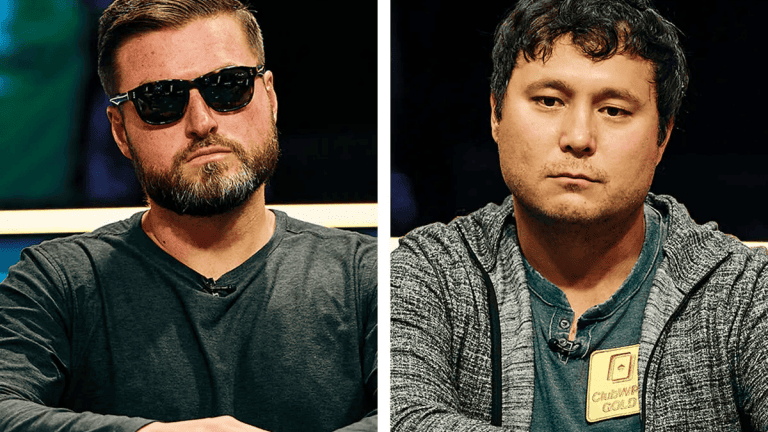Mental Game: Learn how to stay focused and when to quit at tables!
Believe it or not, many professionals commit mistakes in their mental game, even on higher stakes. Of course, a good player recognizes his weaknesses, but an excellent knows when to take action and in which direction. At the end of the day, it will add your winrate if you can recognize on time that you are not playing your A-game. Moreover, it will add a lot to your winrate if you realize that you need to change how you play or even that you need to quit.

Recognize your weaknesses
Each player has different difficulties when discussing the mental game and focus issues. Not every player is affected, and not everyone is affected to the same degree. However, if you realize you have room to improve in this part of your game, you're in the right place.
First of all, you need to analyze yourself, which is always a challenging thing to do. Then, you need to put aside your ego or personal, subjective view and try to be objective as much as possible.
So, what are those crucial parts of your game that cause you trouble, and how do they affect you emotionally, physically and financially?
Take action

It would be best if you wrote down your thoughts. It will increase success and reliability later. Making a list or bullet points will help to tackle your weaknesses one by one. What went wrong last time? Which part of your mental game do you think is triggered usually? Do you go on tilt quickly, or do you just lose interest after committing a mistake or a significant loss?
It could be basically anything, so you need to map for yourself what are the weaknesses and the reasons behind them. Once you have your list, you need to focus on each problem individually. Although, there might be a strong connection between them.
If you exercise the warm-up (as suggested at the beginning of this series), add one or two of the mental issues you'd like to tackle in the upcoming session. In case you have many, still focus on just a few things. It will be more effective. By reminding yourself right before playing, you have better chances of not falling into your bad old habits.
Set yourself limits; it might be a stop-loss after losing a few buy-ins or a certain number of mistakes. This can include any decision you "should" make correctly according to your knowledge, if you had more time, were less stressed, etc.
Set a timer as a reminder. If you get lost in long sessions or your focus decreases over time, it's good to have an alarm or something that reminds you to check yourself. Are you still bringing your A-game to the tables, or is it time to take a break?
Exactly, take a break, which could help you to refocus. It might be just 5-10 minutes, but it will certainly help if you clear your head. Stand up, stretch a little, wash your face, or do anything to refresh yourself. If these quick fixes don't work, I suggest taking a longer break or leaving the game for that day.
When to return?
Some players are very good at handling stress and only need a little time to refocus their mindset. However, the majority require a certain amount of time to cool down. You'll need to find this timeframe for yourself.
It's highly recommended to work on the issue actively. Don't wait for your problems to disappear just because you waited another day to play. Instead, take as much time off the table as you feel you need.
Remember, all the good decisions can raise your income, and all the bad ones will cost you considerably. So don't be the one, who begins playing with a wrong decision (playing when he is not ready mentally), and then the snowball effect buries under. Therefore, return to the tables when you are 100% sure that you are focused and not affected by past mistakes.
Summary
If you want to be a great/winning player, you need to make the best decision possible in each spot. This includes recognizing and handling your mental weaknesses and focusing before, during and after play. Use any tools, the tips mentioned in this article or help that shifts your mental state. If you want your best performance, you need to work actively on issues that cause you loss. It's challenging to follow a bit of one-fit-all advice because each player is different. The best you can do is frame limitations and get to know yourself better. Then, figure out what works best for you!
I hope you found this article useful! Good luck in tackling your mental weaknesses!















0 comments